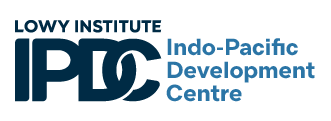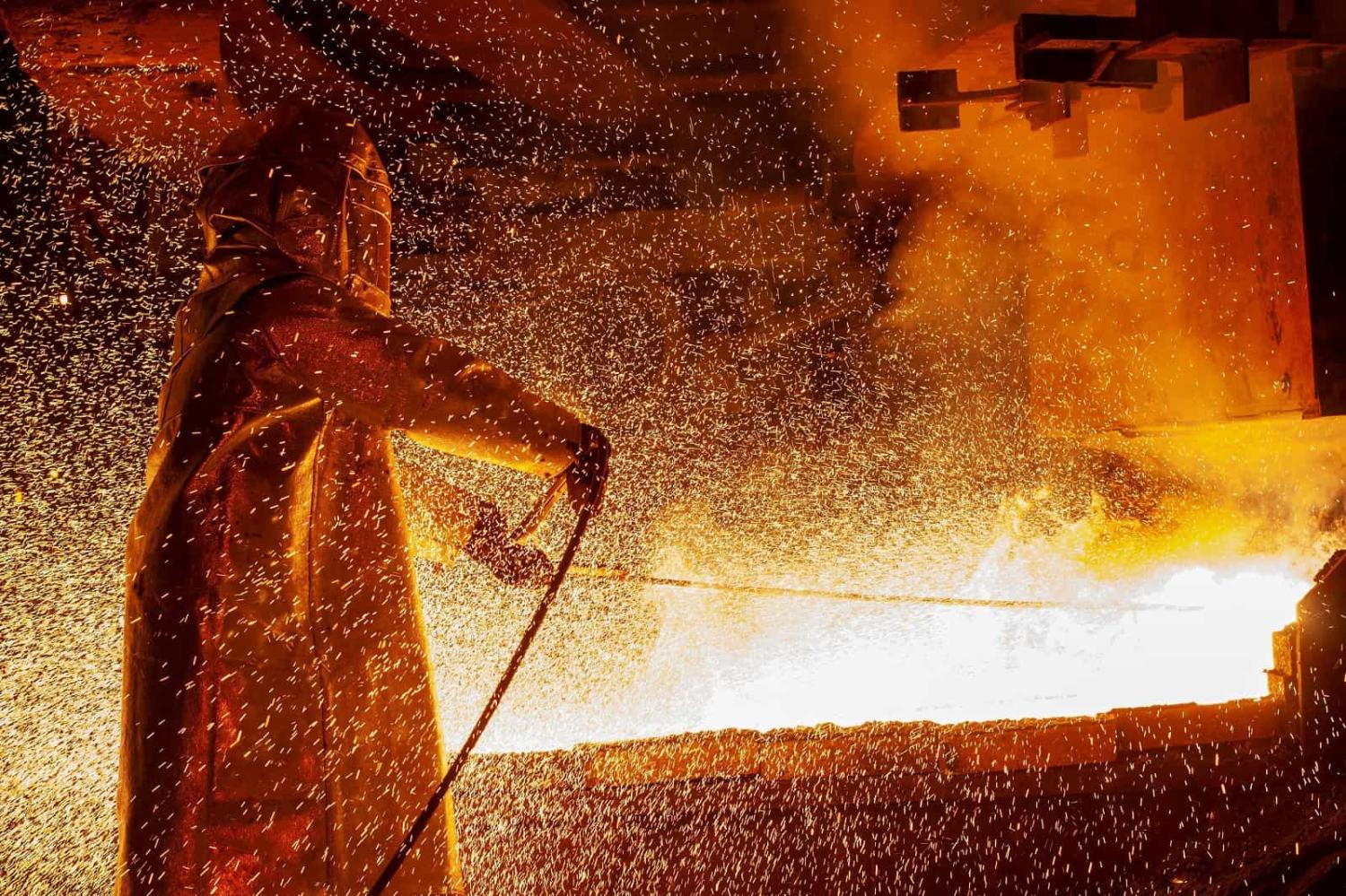Indonesia has historically had limited success with industrial policy. That may now be changing, with recent interventionist policies targeting the nickel sector suggesting initial success in developing downstream segments of the value chain. So successful have these industrial policies been that the government is planning to target other minerals in a similar fashion, despite the objections of major trading partners.
After a period of liberalisation following the Asian financial crisis, Indonesia saw strong economic nationalism emerge again in the late 2000s. Nationalistic policies have been particularly strong in the natural resource sector.
When Joko Widodo started his first presidential term in 2014, policymakers were still struggling to implement a new law on mineral and coal mining that was adopted in 2009. The law aimed at expanding domestic benefits from mining by requiring mining companies to domestically add value through processing and refining minerals before exporting and forcing foreign investors to reduce shareholdings in mining companies operating in Indonesia.
This culminated in 2020 with the implementation of a complete export ban on nickel ore. The government was confident in implementing policies in the nickel sector because Indonesia was estimated to account for 37 per cent of global nickel production and 22 per cent of global reserves. Moreover, the government shifted its shares in mining companies into a state-owned holding company, MIND ID, which then spearheaded the nationalisation plan by becoming a major shareholder in some of the largest mining companies in Indonesia, namely Freeport Indonesia and Vale Indonesia.
The timing of nickel sector policies was good. Global demand for nickel had been increasing steadily for more than a decade. Then came the electric vehicle (EV) boom. Policies combating climate change in the late 2010s signalled the beginning of the EV era around the world. The ongoing EV boom means that global nickel demand will continue increasing even if the Chinese economy slows down.
Statistics suggesting the nickel sector policy’s success are abundant. Indonesia’s nickel ore output is on an upward trend, with all of it being sold and processed domestically in 2021. Exports of nickel-containing metals have increased rapidly. Foreign direct investment (FDI) into the metal industry has surpassed that into mining. Much of the metal sector investment has flowed into the nickel sector, led by Chinese investors such as Tsingshan Holding Group.
Metal sector investment has focused on turning Indonesia’s laterite nickel ore, through pyrometallurgical treatment, into nickel pig iron, which is then fed into stainless steel production. Moving forward, several companies are planning to turn the ore, through hydrometallurgical treatment, into intermediate products that can be used in manufacturing battery cathodes.
It is also worth noting that “Korea Inc” has emerged as a key investor in the Indonesian EV value chain’s downstream segments such as cathode, battery cell and vehicle production. In 2022, Hyundai Motor Group opened its inaugural factory in Indonesia – the first in Southeast Asia. Multinationals LG and SK have also announced large investment plans in the country.
To accelerate the growth of the EV ecosystem, the Indonesian government established a joint venture, Indonesia Battery Corporation, in 2021. It is equally owned by four state enterprises, namely MIND ID, its nickel-producing subsidiary Antam, oil and gas company Pertamina, and electricity utility PLN. These leaders in important sections of Indonesia’s EV value chain are in charge of facilitating the development of Indonesia’s EV market as well as offering partnership and certainty to foreign investors.
While everything seems to have gone well domestically, the European Union requested that the World Trade Organisation establish a panel examining Indonesia’s protectionist policies. The Indonesian government did not blink. There are no signs of the government changing course, even after the WTO panel ruled against Indonesia at the end of last year. What’s more, the government plans to extend the export ban to other minerals such as bauxite, copper and tin, even though the effects of bans in these sectors are questionable considering Indonesia’s limited role in the global market for these products.
A new source of uncertainty in Indonesia’s nickel sector is now the Inflation Reduction Act (IRA) passed by the United States in August 2022. The IRA’s EV provisions state that EV buyers receive tax credits if a certain percentage of the value of critical minerals contained in batteries is extracted or processed in the United States or its Free Trade Agreement partners, and if a certain percentage of the components in the EV batteries is manufactured or assembled in North America.
The IRA’s other potentially worrying provision is if a foreign entity of concern extracts, processes or recycles the critical minerals in the battery or manufactures or assembles any battery components, then the tax credits won’t apply. This rule has implications not only for the Chinese metal companies in Indonesia but also for the Korean companies that have established partnerships with them.
With Indonesia-originated nickel likely to play a role in fulfilling the US demand in the future, Indonesia may see the US treat members of the Indo-Pacific Economic Framework (IPEF) as FTA partners. However, without such concessions, Indonesia, which is already approaching the US-led IPEF cautiously, may lean instead towards its largest trade partner, China. Such an outcome would also force the Korean companies, which are already making huge investments in US EV and battery manufacturing, to rethink their global value chain strategy.
Indonesia’s nickel sector industrial policies have shown some initial success. However, determining the net benefit will require more time. For instance, nickel value addition processes tend to be capital intensive so may not create many domestic jobs. There are also significant environmental concerns associated with processing the nickel for use in batteries. Moreover, the long-term outcome will depend on how Indonesia navigates geopolitical currents.
A product of the Lowy Institute Indo-Pacific Development Centre, with funding support from the Australian Department of Foreign Affairs and Trade.


